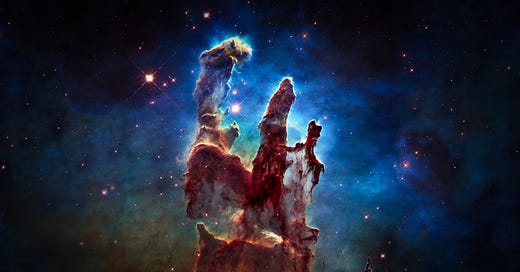A number of ministries trying to spread the Christian message in the 21st century – such as Answers in Genesis (associated with the Creation Museum in Kentucky) and Movieguide – are greatly concerned…
© 2025 Missio Dei
Substack is the home for great culture




